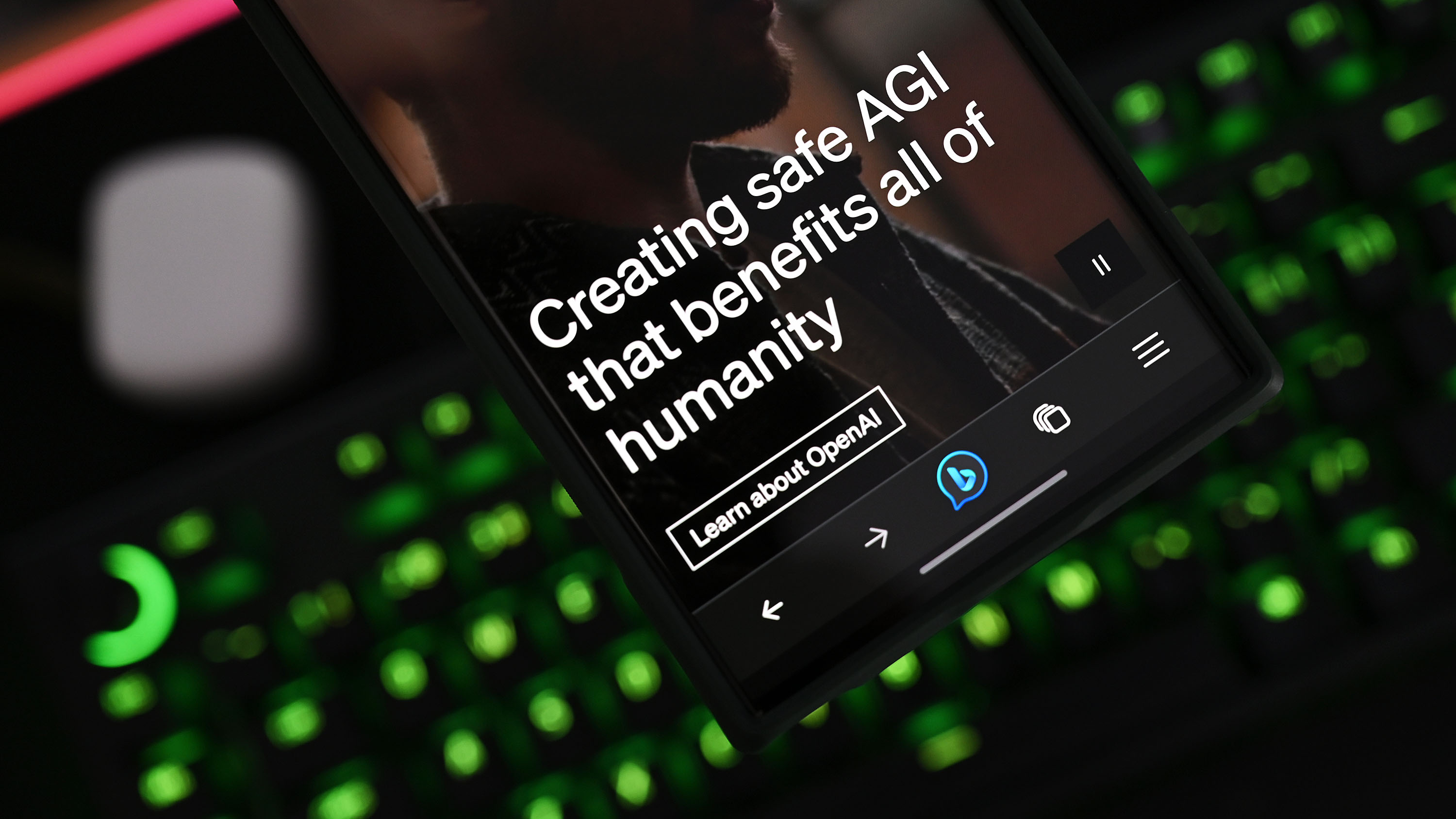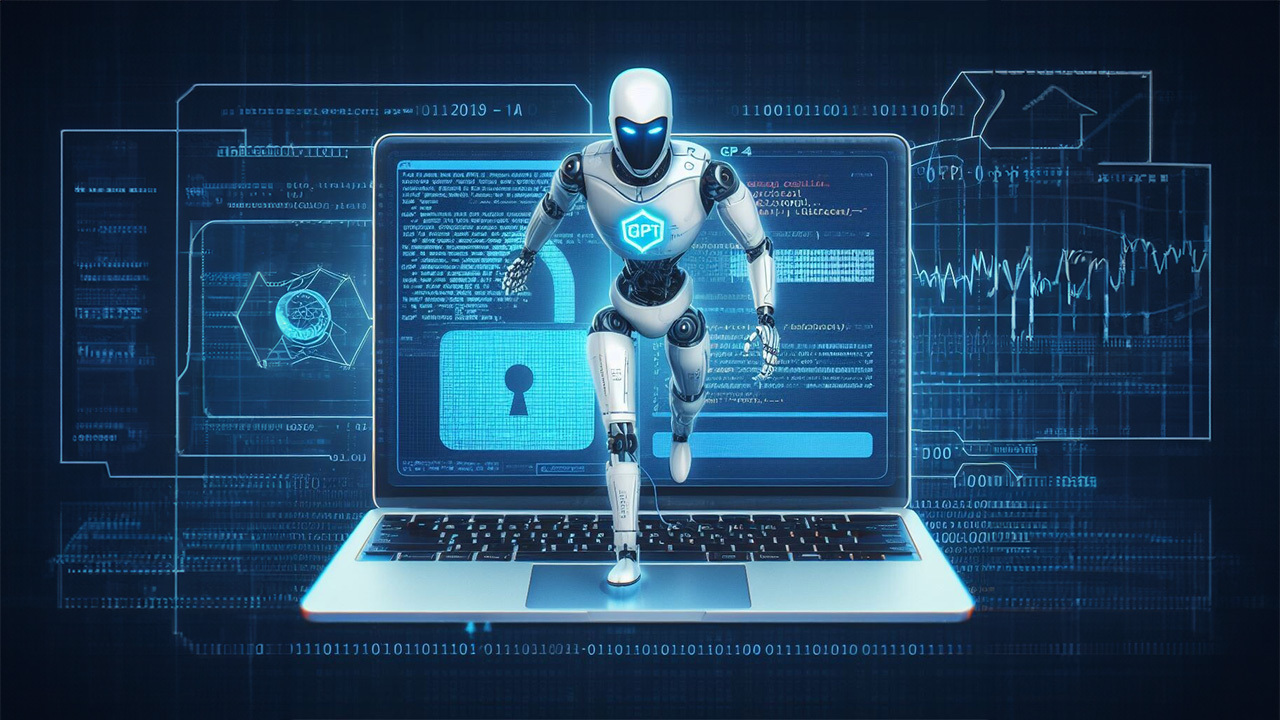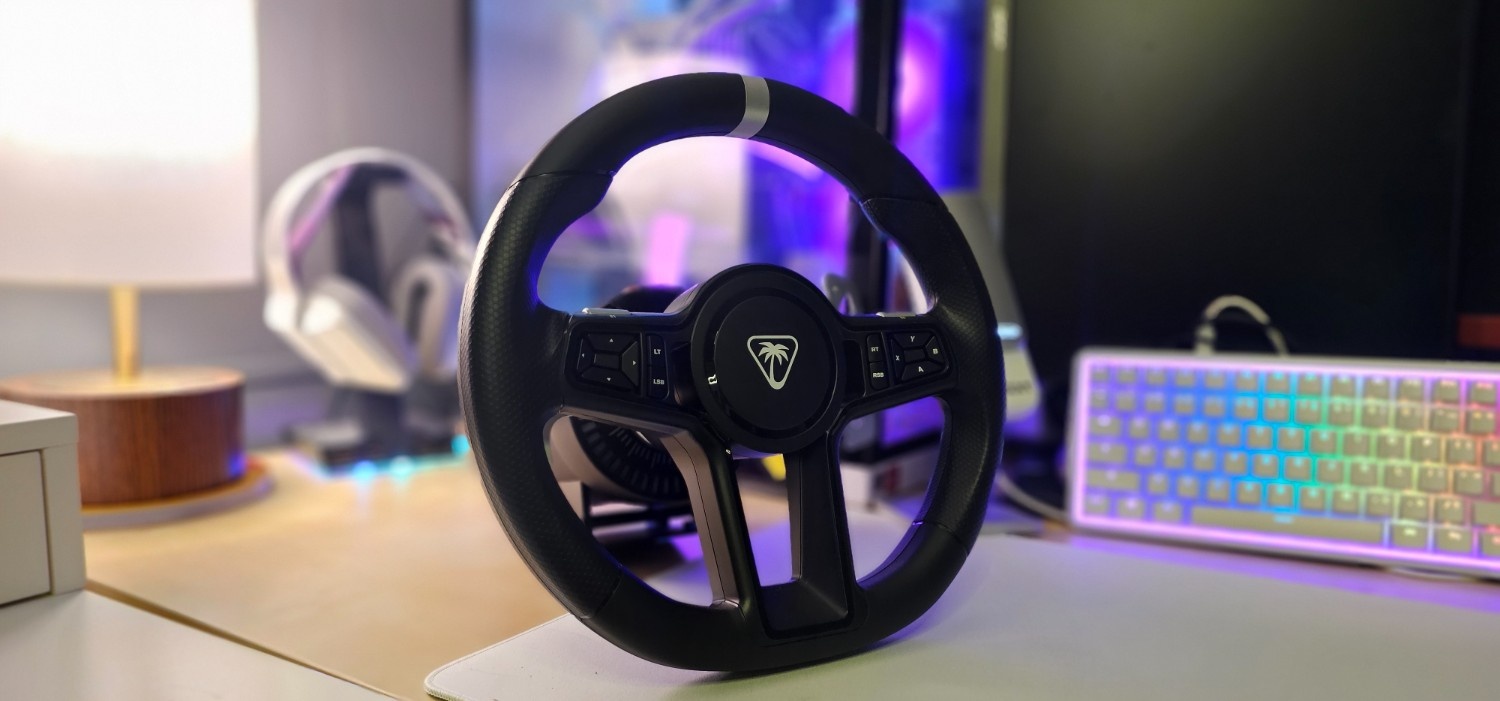Want to know if an image is AI-generated? OpenAI claims its new tool is 99% accurate
OpenAI provides an easier and more accurate way to identify AI-generated images.

All the latest news, reviews, and guides for Windows and Xbox diehards.
You are now subscribed
Your newsletter sign-up was successful
What you need to know
- OpenAI is set to unveil a new tool that will be used to identify AI-generated images.
- Unlike previous models, the company promises "99 percent accuracy" with this iteration.
- It's unclear when this tool will ship to broad availability.
- There also talks of OpenAI manufacturing its own AI chips and developing "GPT-5."
The company OpenAI is currently developing a tool that will be used to identify AI-generated images. The company prides itself on the tool's accuracy, with Mira Murati, ChatGPT's CTO, citing that it's “99 percent reliable.”
The company is currently running tests on the tool internally before it is shipped to general availability, although it remains unclear how soon this will happen, as reported by Bloomberg.
How easy is it to identify AI-generated images?

Well, the answer is rather complicated. With tools like Microsoft's Bing Image Creator now shipping with DALL-E 3 technology, AI-generated images are more realistic than ever, thus making it even harder to tell them apart from the real deal.
This isn't to say it's been a smooth sail. Several reports emerged from concerned users a few days after integrating the technology into the tool, citing slow generation speeds. What's more, this isn't OpenAI's first rodeo attempting to come up with a tool that can identify AI-generated images. At the beginning of this year, the company unveiled a similar tool, but its glory was short-lived as it was rendered unreliable and inaccurate.
OpenAI also disclosed that it is hard at work making software improvements, which will expand its capabilities beyond the visual aspect of visually generated content to the world of audio.
Censorship is more of a buzz kill than a safeguard
There's a fine line between what is considered conventionally correct and an outright violation. Since Bing Image Creator's big update, censorship has been a significant concern among users. While Microsoft already stated that it intends to address the strict moderation on this tool, there's only so much you can achieve at the moment.
We've seen reports highlighting ChatGPT's dwindling user base, perhaps because of its decline in accuracy. But be it as it may, this tool will be of immense value if it promises 99 percent accuracy.
All the latest news, reviews, and guides for Windows and Xbox diehards.
Elsewhere, OpenAI executives hinted that GPT-4's successor (maybe GPT-5) might be in the works and could ship soon. The company also highlighted the subtle improvements on its AI-powered chatbot, ChatGPT, designed to mitigate the hallucination episodes.
Finally, there also talks of OpenAI manufacturing its own AI chips, just like Microsoft, amid claims of NVIDIA's incapability to meet the high demand for these components.
Will OpenAI's tool turn out to be a success this time? Let us know in the comments.

Kevin Okemwa is a seasoned tech journalist based in Nairobi, Kenya with lots of experience covering the latest trends and developments in the industry at Windows Central. With a passion for innovation and a keen eye for detail, he has written for leading publications such as OnMSFT, MakeUseOf, and Windows Report, providing insightful analysis and breaking news on everything revolving around the Microsoft ecosystem. While AFK and not busy following the ever-emerging trends in tech, you can find him exploring the world or listening to music.
